Speech by Speaker of the Sejm Marek Kuchciński, opening the 4th Central and Eastern Europe Parliamentary Summit:
The topic of the first panel of our deliberations was not chosen by accident. The fall of communism is undoubtedly the most important historical experience of the entire post-war Europe. It was then that we experienced fundamental changes that shaped the contemporary face of our part of Europe and its states.
The peoples of our Region have always shown great spiritual dynamism in their homelands and in emigration. This has manifested itself in a characteristic emphasis on the relationship politics with values. Testimony to this is This is evidenced by the figures of saintly rulers and creators of statehood and national of Central and Eastern Europe: St. Wenceslas in Bohemia or St. Stephen the Great in Hungary, Queen Jadwiga in Poland, St. Casimir in Lithuania and Pope John Paul II, who made the union of spirit and politics an important of his global pastoral ministry.
This perspective was probably the basis for the rejection of the ideology and communist system by the peoples of our region. The difference of the magnificent culture of Central and Eastern Europe, The difference of the great culture of Central and Eastern Europe, connected with Christianity, the tradition of Greco-Roman values of individual and national freedom proved to be much more durable than totalitarian regime. Stalin, moreover, repeatedly pointed out the problems with imposing the communist system on the countries of our region, precisely of their cultural and identity strength.
The process of the collapse of the communist bloc can be viewed from several perspectives:
The first is the perspective of states/nations that experienced the effects of communism, that is, were direct participants in the changes. For some, the fall of communism meant the emergence of their own independent statehood. For others, it meant regaining full sovereignty after years of foreign domination. But all were undergoing a process of change in the political, social, and economic systems.
And today we can congratulate ourselves for courageously going through this difficult process. Each of our Each of our countries, by undertaking the effort of transformation, has proven that it is able to find Each of our countries, by making the effort of transformation, has proved that it is able to find itself in difficult geopolitical conditions and deserves to be a full-fledged participant in international relations.
The second perspective is that of the new order in Central and Eastern Europe. The year 1989 was the autumn of nations (as we say literarily distinguishing this period from the spring of peoples during World War I). New states were created on the basis of new constitutional orders, new parties, new business principles and new social structures. Thus, the beginning of modern politics of the Central and Eastern European states took place. In our region, the Europe of Nations model, based on the rule, is again gaining importance: Maximum variety in minimum space, Which was in complete contradiction to the communist model, which sought to maintain minimum variety for maximum space.
Third perspective is the creation The third perspective is the formation of new attitudes and post-Soviet worldviews in our societies, after the fall of communism 30 years ago and the attitude to the communist past. This is an important issue for For the majority of Central and Eastern European countries this is an important historical memory. It plays an enormous role in the process of building It plays a huge role in the process of building collective memory, consolidates societies and strengthens their identity.
In the context of our experience, historical policy emphasizes two elements. First, it portrays the era of communism as a difficult period in history that cannot be repeated. After second, it shows that the fall of this system in Europe was a system in Europe was a real breakthrough, a kind of milestone in the building of new political systems. The memory of of communism and the great changes associated with the Autumn of Nations constitute The memory of communism and great transformations connected with the Autumn of Nations The memory of communism and the great changes associated with the Autumn of Nations constitute a treasury of experiences of our countries, which shape their current functioning on the international arena.
We may have different assessments of the communist past of our countries. However, it is treated as a common denominator for the whole region, which makes that some some of the challenges we face today are similar. The most important of them would include cooperation on building security in the region, as well as the debate on the system of values in contemporary Europe, including the Europe, including the importance of freedom and freedom and sovereignty of states. These are the most important issues, which are also worth considering today. Today.
Because all other issues - economic, infrastructural, etc., are developed on the basis of these essentials. In this context, I would like to once again extend a warm welcome to all present and wish you fruitful deliberations in the spirit of "unity in diversity".
The next speaker was Professor Roger Scruton, a philosopher and friend of Poland who supported the anti-communist opposition in the 1980s.
Central and Eastern Europe Parliamentary Summit, Warsaw 5.06.2019 The fall of communism in Central and Eastern Europe, shaping a common historical memory. Panels:
- The rejection of communism in the consciousness of nations.
- The Central European Community of Experience of the Autumn of Nations as a Path to Success
- Are freedom and sovereignty of states still values?
- Cooperation of countries in the region as a guarantee of development and security
Detailed coverage of the Summit:
http://www.sejm.gov.pl/Sejm8.nsf/komunikat.xsp?documentId=AA9CA24450BAA560C1258411003FA6DC
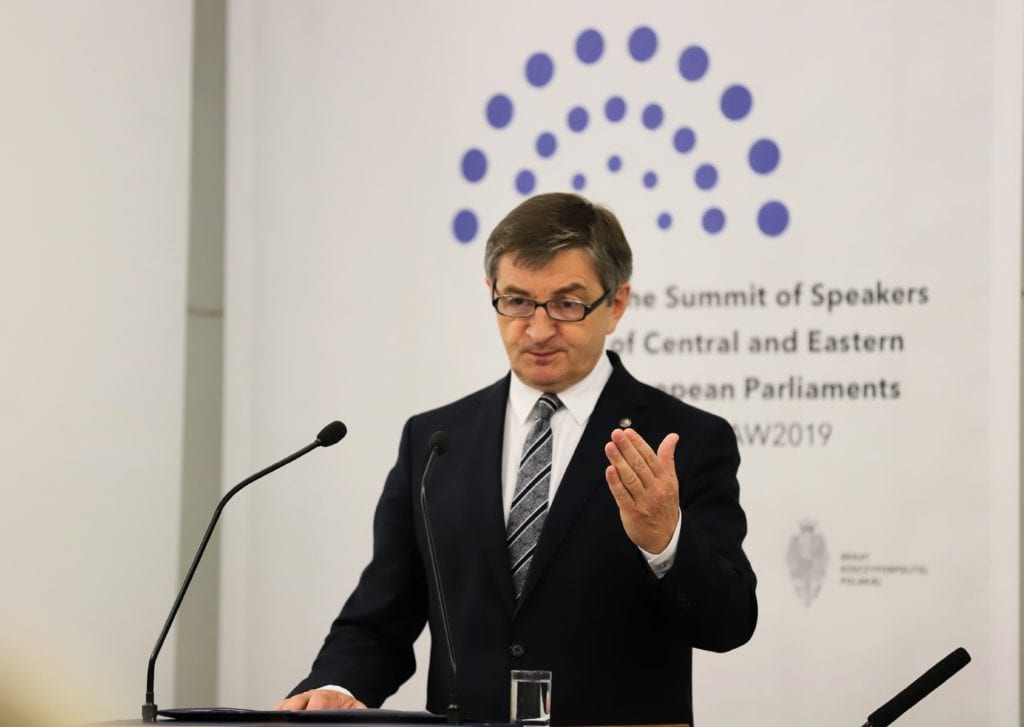
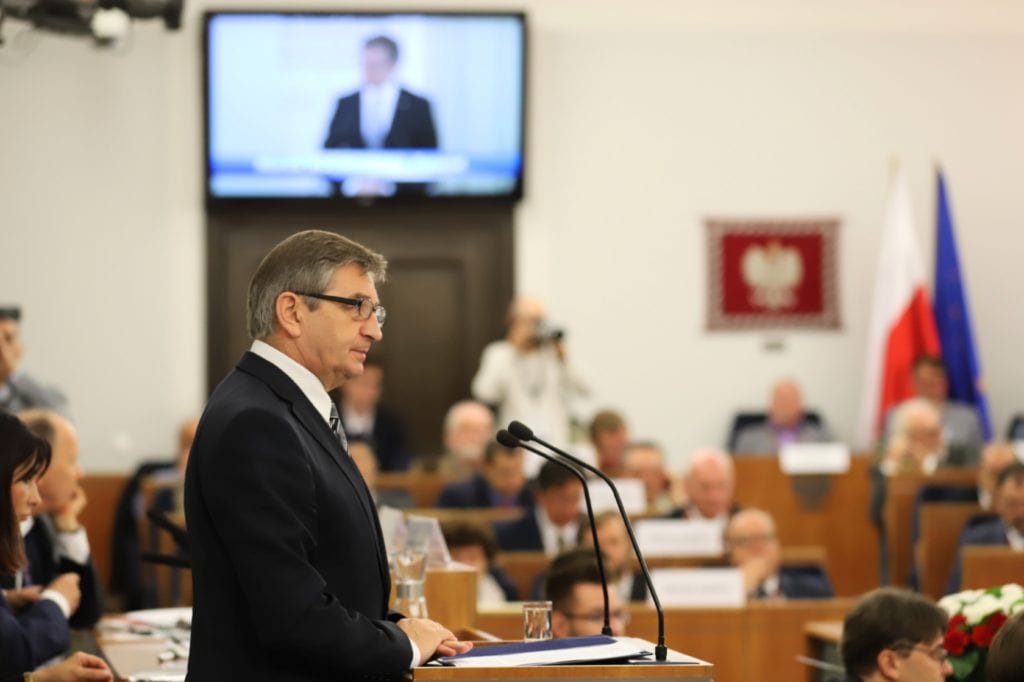
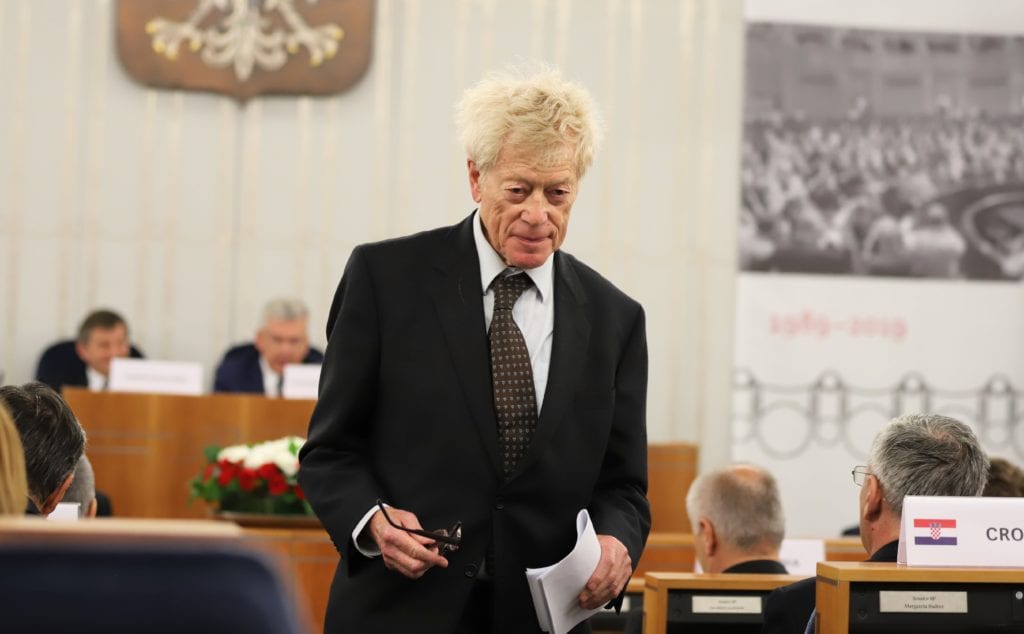
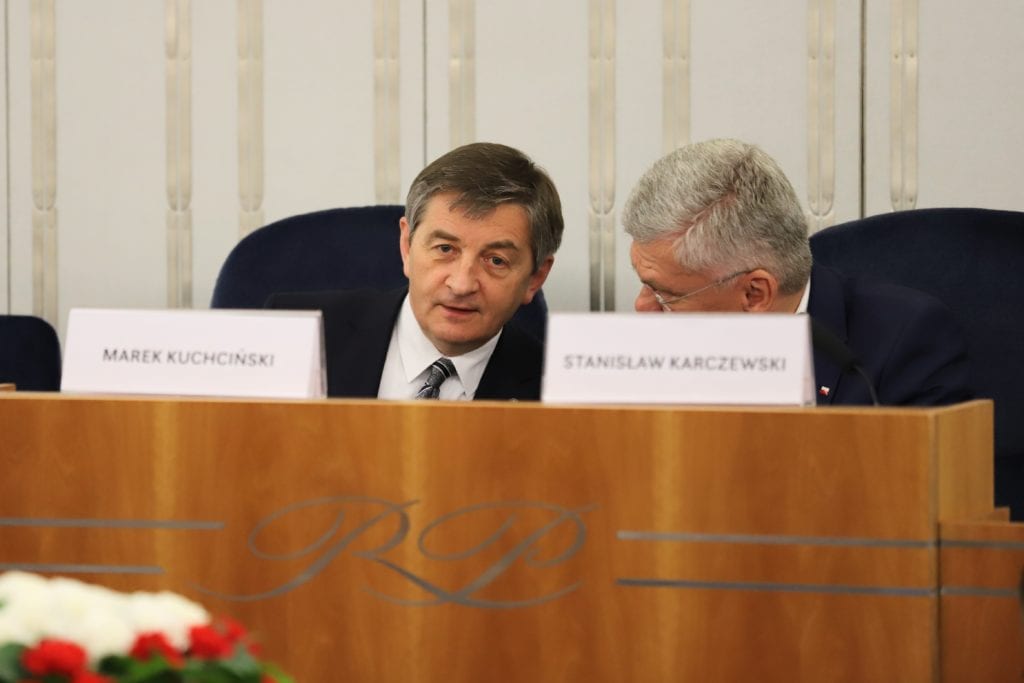
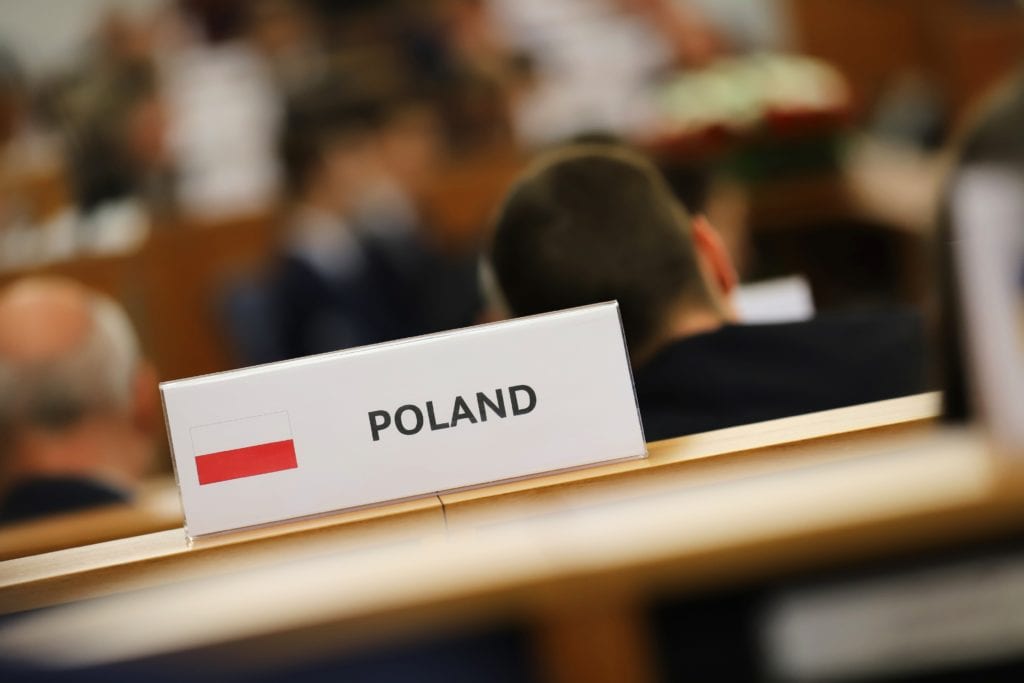
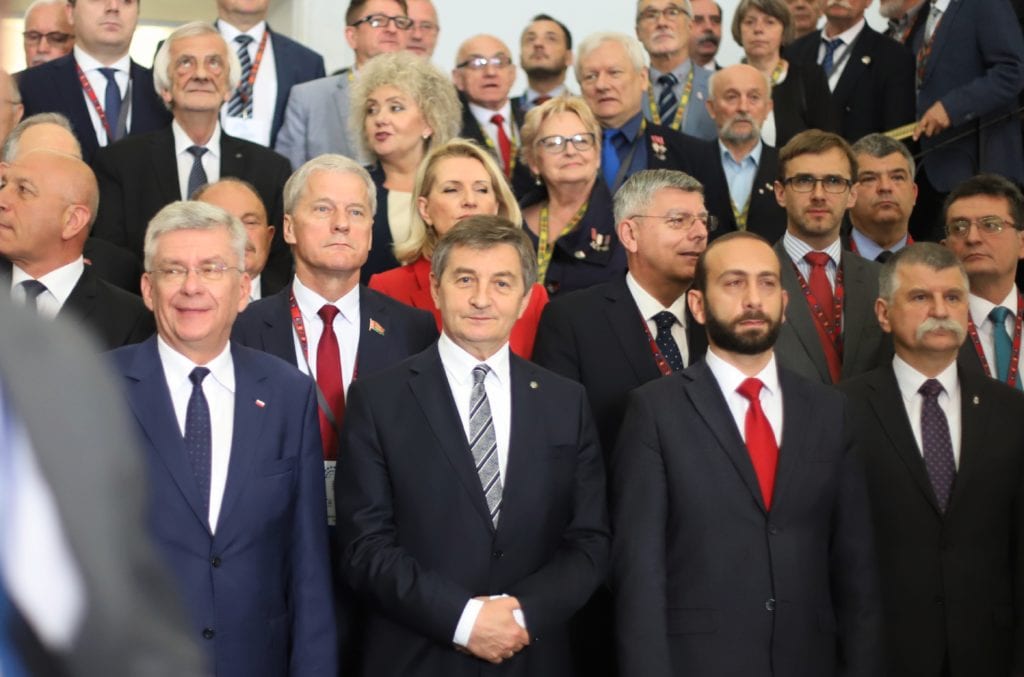
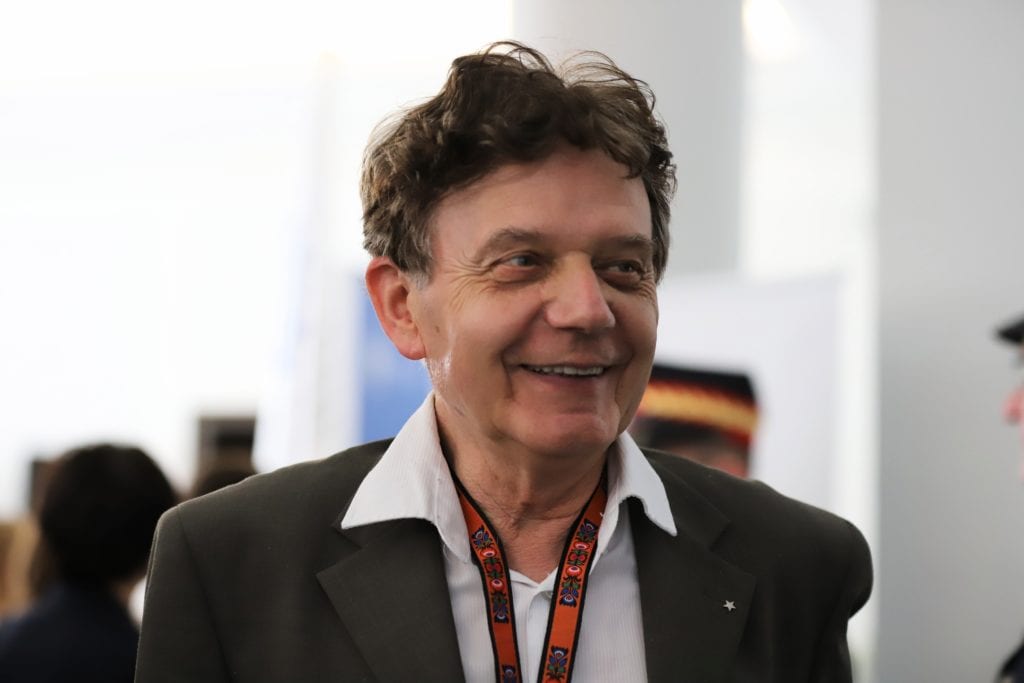
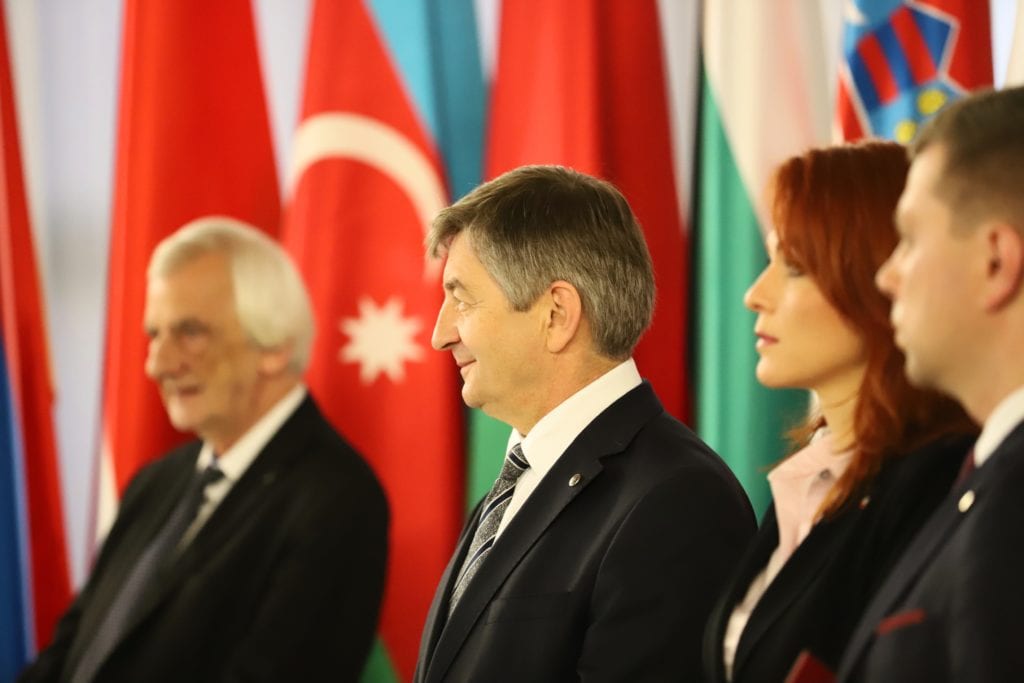
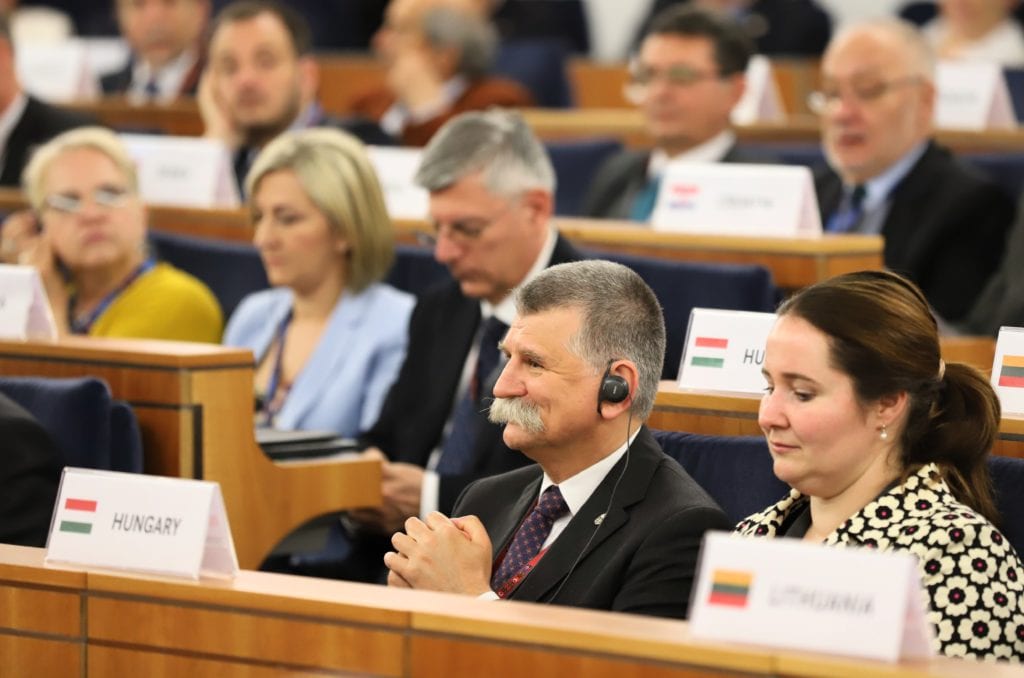
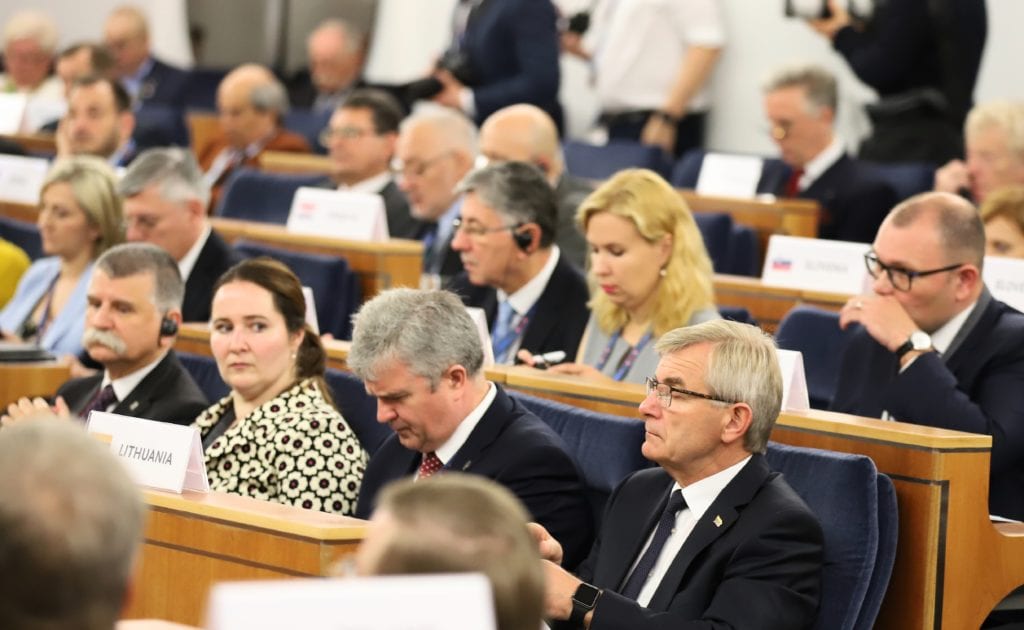
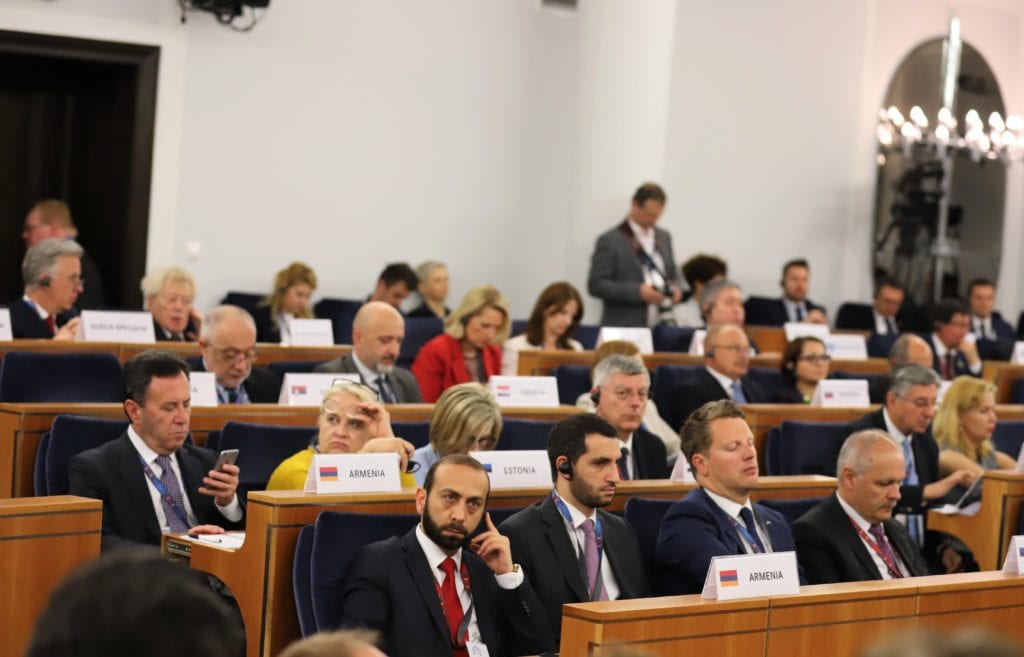
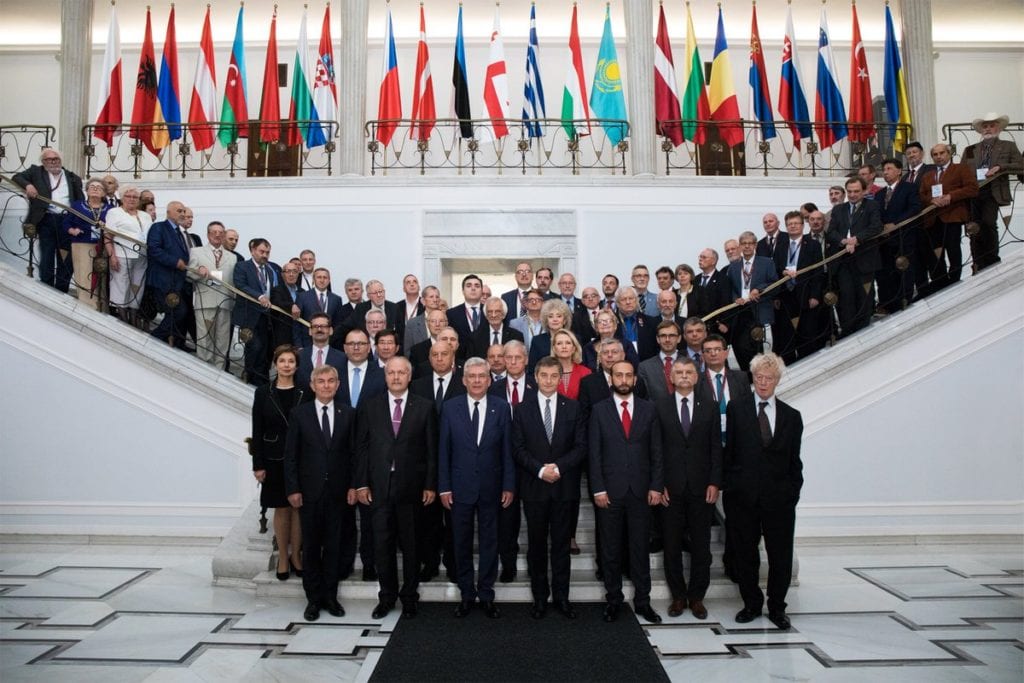
Photo by Rafał Zambrzycki


